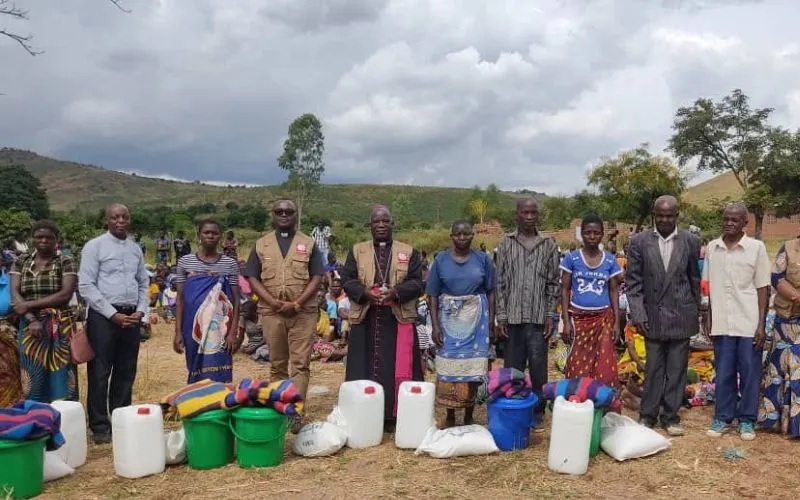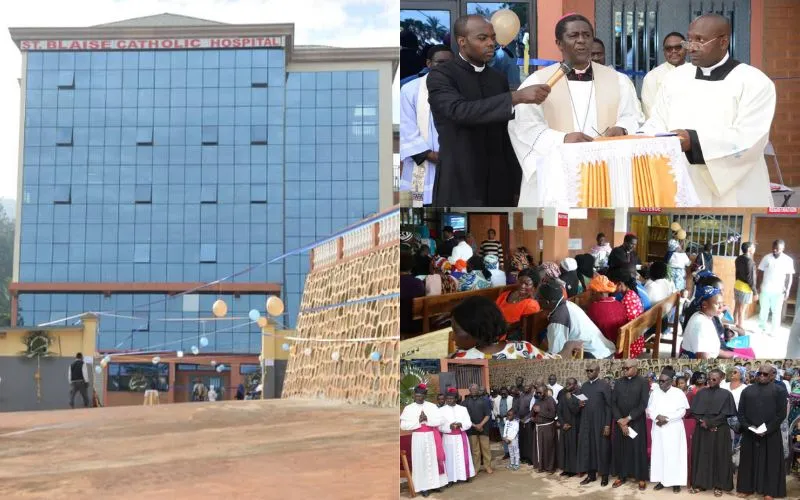“These persistent disasters and climatic conditions have severely impacted agricultural productivity, resulting in crop failures and rising food prices,” they said, adding, “This situation has placed a heavy burden on vulnerable communities, pushing many into extreme poverty and hunger.”
In their attempt to describe the gravity of the crisis, the Bishops said a significant number of people, including children and the elderly continue to experience acute food insecurity, a situation they said is jeopardizing their immediate well-being and long-term health and development.
The ECM members blamed the government for misplaced policies that they said fail to address the root causes of hunger, saying, “The Government of Malawi policies in response to the disasters continue to be disjointed.”
They highlighted wrong priorities and failure to act on weather predictions that the country’s Department of Climate Change and Meteorological Services forecast to distribute necessary seeds for appropriate seasons.
The Bishops said that despite forecasting rainy season in the Southern region of Malawi, the Government of Malawi “proceeded to distribute maize seed and fertilizers for maize production instead of distributing seeds for drought-tolerant crops like sorghum, millet, cowpeas, and sweet potatoes.”
These kinds of mismatch decisions, they said, “also exacerbate the status quo and have in this case contributed to the current food crisis in the country.”
The Bishops highlighted their joint efforts with the government in collaboration with international partners and local organizations in response to the situation calling for concerted efforts to provide immediate relief to those most affected.
“We therefore call upon all stakeholders, particularly the development partners, to intensify resource mobilization for African countries experiencing various humanitarian crises over and above humanitarian support in other continents,” they said.
In addition, the Bishops “call upon the government and other international, public and private stakeholder in Malawi —to join forces in a comprehensive and sustainable response.”
To further address the crisis, the Catholic Bishops in Malawi urge the government to make “quick and coherent decisions regarding food which is a basic right to people,” and invest in resilient and sustainable agricultural practices.








